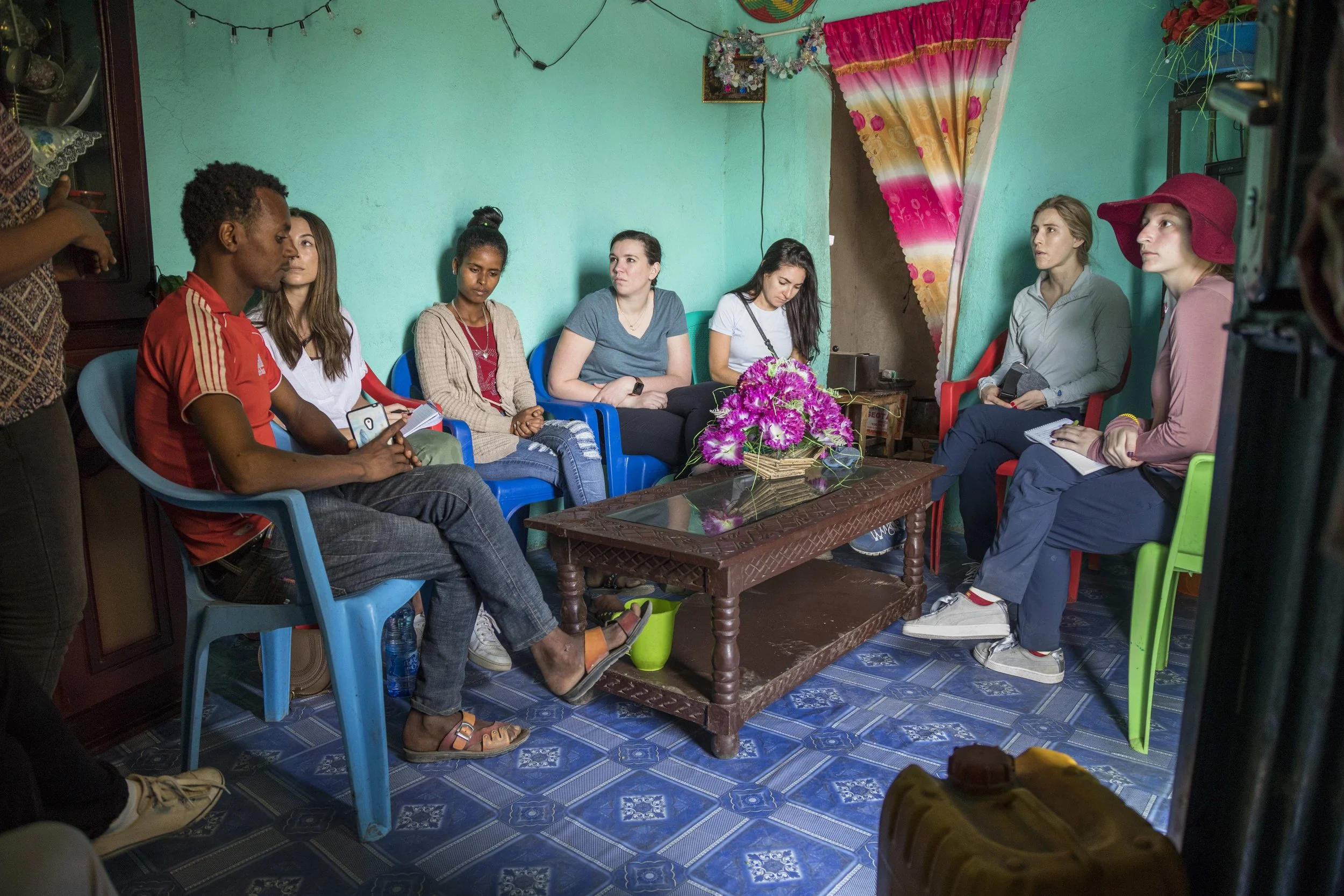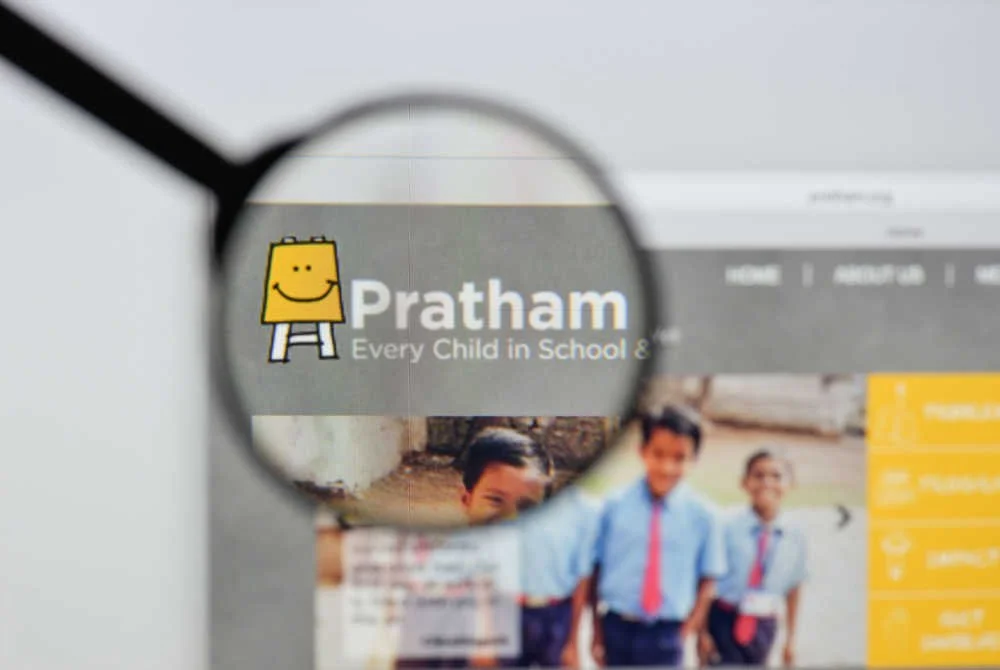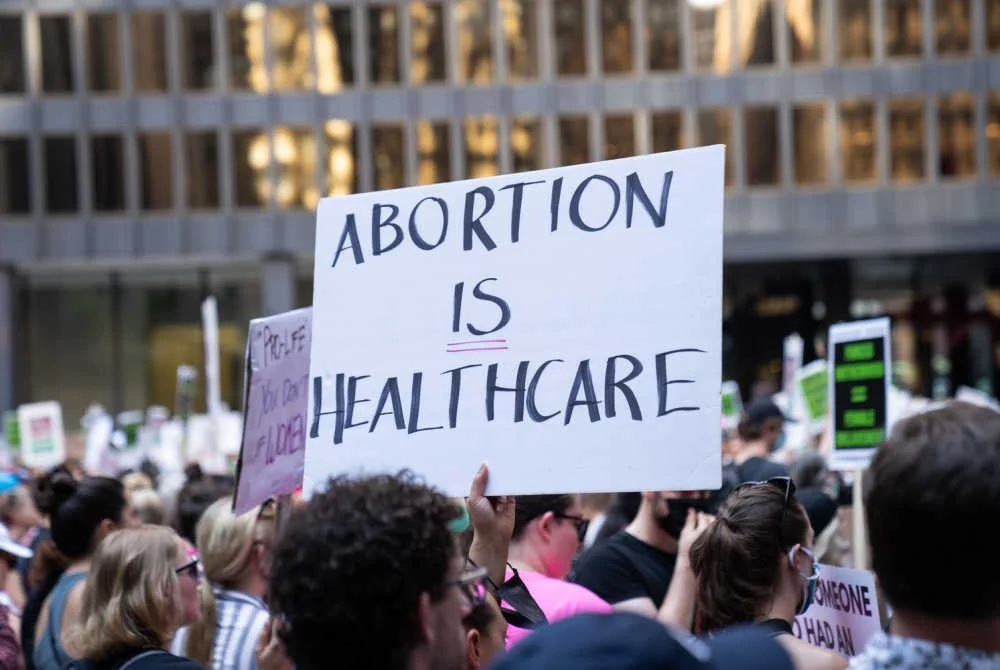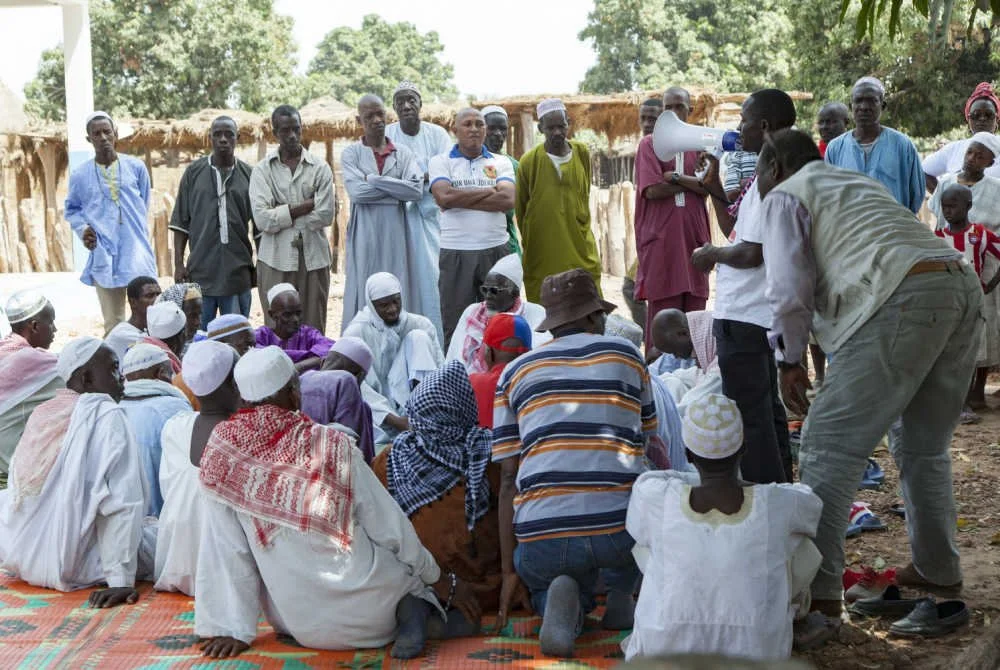Less Neglect, More Progress on Diseases That Affect Over 1 Billion People
/Some NTDs are transmitted through swimming or wading. Johanna K M Nilsson/shutterstock
More than 1 billion people in developing countries suffer from infectious diseases, with often devastating results that include disability, disfigurement and death. But because many of these diseases are strongly associated with poverty in tropical and subtropical environments and are rare in wealthier countries, they have typically attracted little funding. That has been changing, though, as we’ve often reported, due to attention to neglected tropical diseases (NTDs) from some of philanthropy’s heavy hitters and the support of pharma, as well as new foundations entering the fight.
The Bill & Melinda Gates Foundation is a central player here, keeping up a steady stream of big grants to address NTDs as part of its long-term goal of reducing the burden of such diseases on the “world's poorest people through targeted and effective control, elimination, and eradication efforts.”
Most recently, the foundation made a $29.97 million grant to the Coalition for Operational Research on Neglected Tropical Diseases (COR-NTD) and a $3.4 million grant to the University of Georgia Research Foundation (UGARF) in support of efforts to eliminate five NTDs.
The COR-NTD is based at the Task Force for Global Health in Decatur, Georgia, and since 2013, has supported more than 180 studies on operational issues faced by national programs in their fight against NTDs. The current grant funds research aimed at addressing the remaining barriers to controlling and eliminating NTDs.
COR-NTD largely focuses on five NTDs—lymphatic filariasis, onchocerciasis, schistosomiasis, soil-transmitted helminthiasis, and trachoma—all of which are preventable. Globally, these NTDs affect more than 1 billion people. However, the tide in the fight against NTDs has been turning; more than 25 countries have eliminated at least one such disease since 2012.
"Tremendous progress has been made in the past decade to end the suffering caused by neglected tropical diseases," said Patrick Lammie, chief scientist at the center, in announcing the latest big Gates grant. "This investment provides the NTD community with resources to address the remaining technical barriers to program success."
The UGARF funding will expand operational research on schistosomiasis, a debilitating tropical disease that affects millions of people. While often not fatal, schistosomiasis damages internal organs and impairs physical and cognitive development in children.
Schistosomiasis can be successfully treated with the drug praziquantel, but patients often are re-infected when they wade, swim, bathe or wash in water where freshwater snails infected with larval parasites live. According to Dan Colley, director of the university's Center for Tropical and Emerging Global Diseases and principal investigator for the project, the only way to eliminate the disease is to treat patients with praziquantel while reducing their risk of re-infection and tackling more systemic issues.
"We've reduced infection to very low levels in many areas, and we have good evidence that repeated treatments will prevent severe illness," said Colley. "Now, the hope is that we can move toward elimination of the disease in areas where control techniques have been most successful."
In other NTD news, the founder of Virgin Airlines, Richard Branson, recently announced a joint fund of $105 million for a program to end the blinding bacterial infection called trachoma. The money comes from the Gates Foundation, the Children’s Investment Fund Foundation, the ELMA Foundation, the Department for International Development of the U.K., and Virgin Unite, Branson’s philanthropy.
NGO Sightsavers will administer the funding, which will support at least 10 African countries as they make plans to eliminate trachoma by 2023. The disease is rare in the United States, with fewer than 1,000 cases annually, but internationally, it’s the leading infectious cause of blindness, with 165 million people affected in 2017, according to the World Health Organization. We’ve reported in the past about the battle against trachoma, including grantmaking by the Conrad N. Hilton Foundation, which will be wrapping up this work over the next several years.
Related: Philanthropy vs. Blindness: What's the Latest?
The multimillion-dollar investment spearheaded by Branson is part of a larger philanthropic collaborative called The Audacious Project, which aims to mobilize big new money for “ideas with the potential to create change at thrilling scale.” The project has raised $441 million on the way to its goal of $634 million. Eliminating trachoma is among its priorities.
Audacious has drawn a number of new donors to global health and development issues, including from Silicon Valley. And speaking of tech wealth, a relative newcomer to the fight against NTDs is the Open Philanthropy Project, which is backstopped by the fortune of Facebook founder Dustin Moskovitz, and has given millions to control schistosomiasis
But maybe the biggest development in the fight against NTDs in the past decade is the growing role of pharma.
The London Declaration on NTDs in 2012 saw an increase in pledges from pharmaceutical companies to provide free medicines for as long as needed, and commitments from NGOs to assist in the implementation of programs in countries where NTDs are still rampant. Major pharmaceutical companies including Eisai, GlaxoSmithKline, Johnson & Johnson, Merck and Pfizer have given billions of dollars’ worth of pharmaceutical products, as well as cash, to eliminate global diseases, making those companies some of the biggest donors year after year, according to data collected by the Chronicle of Philanthropy.
And there is another new player joining them. Astellas Pharma has announced the launch of the Astellas Global Health Foundation (AGHF), a new international philanthropic organization dedicated to improving access to health in underserved global communities. AGHF merges three former philanthropic entities—the Astellas USA Foundation (AUSF), the Astellas European Foundation (AEF), and the Astellas Asia-Oceania Foundation (AAOF)—into one organization.
Key areas of focus for AGHF initially will be neglected tropical and communicable diseases, children's health and mental health in low-income communities and low-and middle-income countries where Astellas does not have a commercial presence.
For all the progress against NTDs, this remains a tough fight, especially in the world’s poorest countries, where infrastructure problems like unsafe water and poor sanitation often drive the transmission of NTDs. Political instability and conflicts in some African countries also create delays in delivering medications or implementing programs despite available resources. Complicating things is the fact that some of these diseases do not have apparent physical symptoms. Community members, thinking the disease is gone, refuse treatment for a disease they don’t think they have.
Meanwhile, the competition for global funding can be fierce. Fast-killing diseases such as malaria, HIV/AIDS, tuberculosis, and more recently, Ebola, tend to receive more attention and funding compared to NTDs.
Related: The Deep-Pocketed Donors Behind the Latest Push Against Neglected Tropical Diseases







































